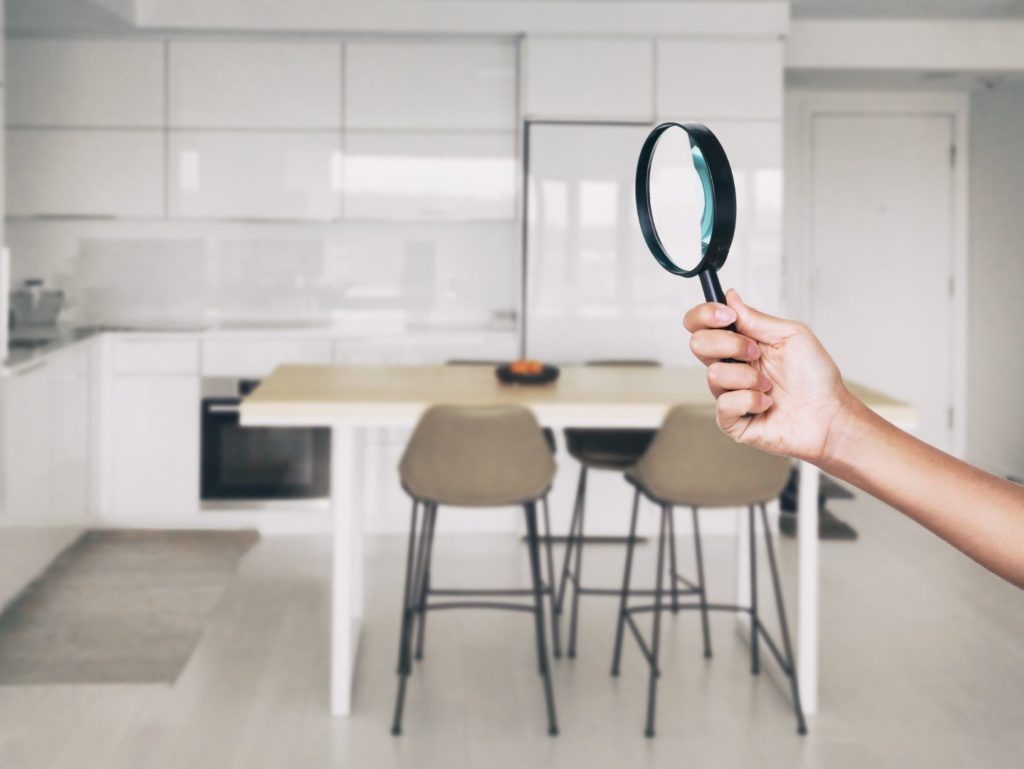
What is a home inspection?
The inspector will check that major appliances are functional, ensure the heating and air-conditioning system are working properly, examine the plumbing and electrical systems and may even poke around in the attic.
What happens during a home inspection?
A home inspector should take a few hours to complete a detailed walk-through of the home you’re looking to buy.
During that time, the inspector will take notes and pictures and, if you’re tagging along, comment on what they see.
Most importantly, the inspector will provide an objective opinion on the home’s condition, detached from the emotional rollercoaster you’ve been on during the home buying process.
What doesn’t happen?
A home inspector doesn’t necessarily determine whether your home is compliant with local building codes.
They also won’t comment on anything aesthetic, unless it betrays a larger problem. For example, they may point out a ceiling stain that indicates water damage.
Although inspectors should have a keen eye for detail, they won’t be able to detect the unseen. That means hidden pests, asbestos, mold or other potentially hazardous substances might go unnoticed.
Areas that aren’t readily accessible, like the septic tank, won’t be covered, either. Those sorts of issues can require specialized evaluations.
Misconceptions
The concept of “failing” a home inspection is actually incorrect.
As a matter of fact, homes can’t actually “fail.” There is no grading or pass/fail system. The home inspector simply assesses the condition and quality of the home objectively – and both the buyer and seller are informed about these findings.
Final Thoughts
The goal of a home inspection is to uncover issues with the home itself. Inspectors won’t tell you if you’re getting a good deal on the home or offer an opinion on the sale price.
It’s important to remember that virtually no home is perfect. The inspector is going to identify some problems with a home, but it doesn’t necessarily mean you shouldn’t buy the house, only that you will know in advance what to expect.
Depending on the findings, you may be able to negotiate the purchase price of the home with the seller if significant problems are found, which will help you offset the required repair costs.
Finally, remember a home inspector is not an electrician, plumber, or a roofer. If any issues arise it is highly recommended you have a professional licensed tradesmen inspect any major concerns that are present.